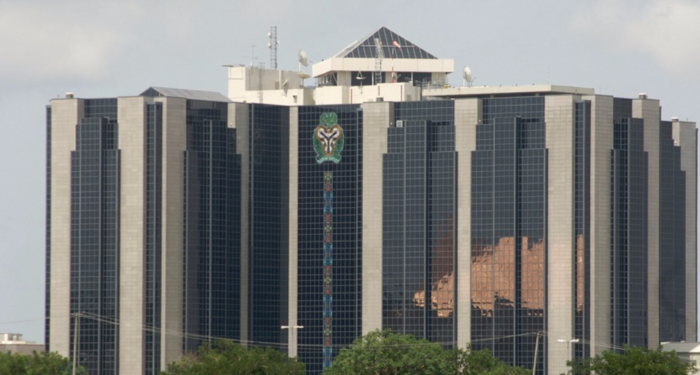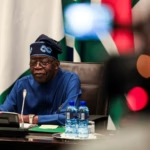The Central Bank of Nigeria (CBN), in collaboration with the Nigeria Inter-Bank Settlement System (NIBSS), has launched a digital platform designed to simplify financial access for Nigerians living abroad.
The platform enables remote registration for the Bank Verification Number (BVN) through a new initiative called the Non-Resident Bank Verification Number (NRBVN), removing the long-standing barrier of in-person enrollment.
Additionally, the platform was launched as part of the CBN’s broader strategy to boost financial inclusion and remittance inflows. It will allow Nigerians abroad to securely obtain a BVN and gain access to a range of domestic financial services without having to travel back to Nigeria.
Governor Olayemi Cardoso described the initiative as a critical step in deepening diaspora engagement, promoting the use of formal remittance channels, and reducing the cost of transferring money to Nigeria.
- Advertisement -
With millions of Nigerians living abroad, the CBN sees untapped potential in diaspora remittances and investments and has set a target of achieving $1 billion in monthly remittance inflows through this platform. In 2024, Nigeria received $1.92 billion in remittances—a slight decline from $1.98 billion in 2023. The central bank believes the NRBVN can help reverse this trend by providing a more convenient and cost-effective system for financial transactions.
To obtain an NRBVN, applicants must register on [nrbvn.com](http://nrbvn.com) and follow a multi-step verification process. A registration fee of $50 (approximately N80,000) is required.
While some welcome the NRBVN and consider the fee reasonable compared to travel costs, others criticize the payment requirement, arguing that BVN registration is free in Nigeria and should be extended freely to the diaspora as well.
Beyond BVN registration, the platform provides access to Non-Resident Ordinary Accounts (NROA) and Non-Resident Nigerian Investment Accounts (NRNIA). These accounts allow users to participate in savings, pensions, insurance, real estate, and Nigeria’s capital markets. Investors are also allowed to repatriate proceeds freely under current foreign exchange regulations, making Nigeria more attractive for diaspora investment.










